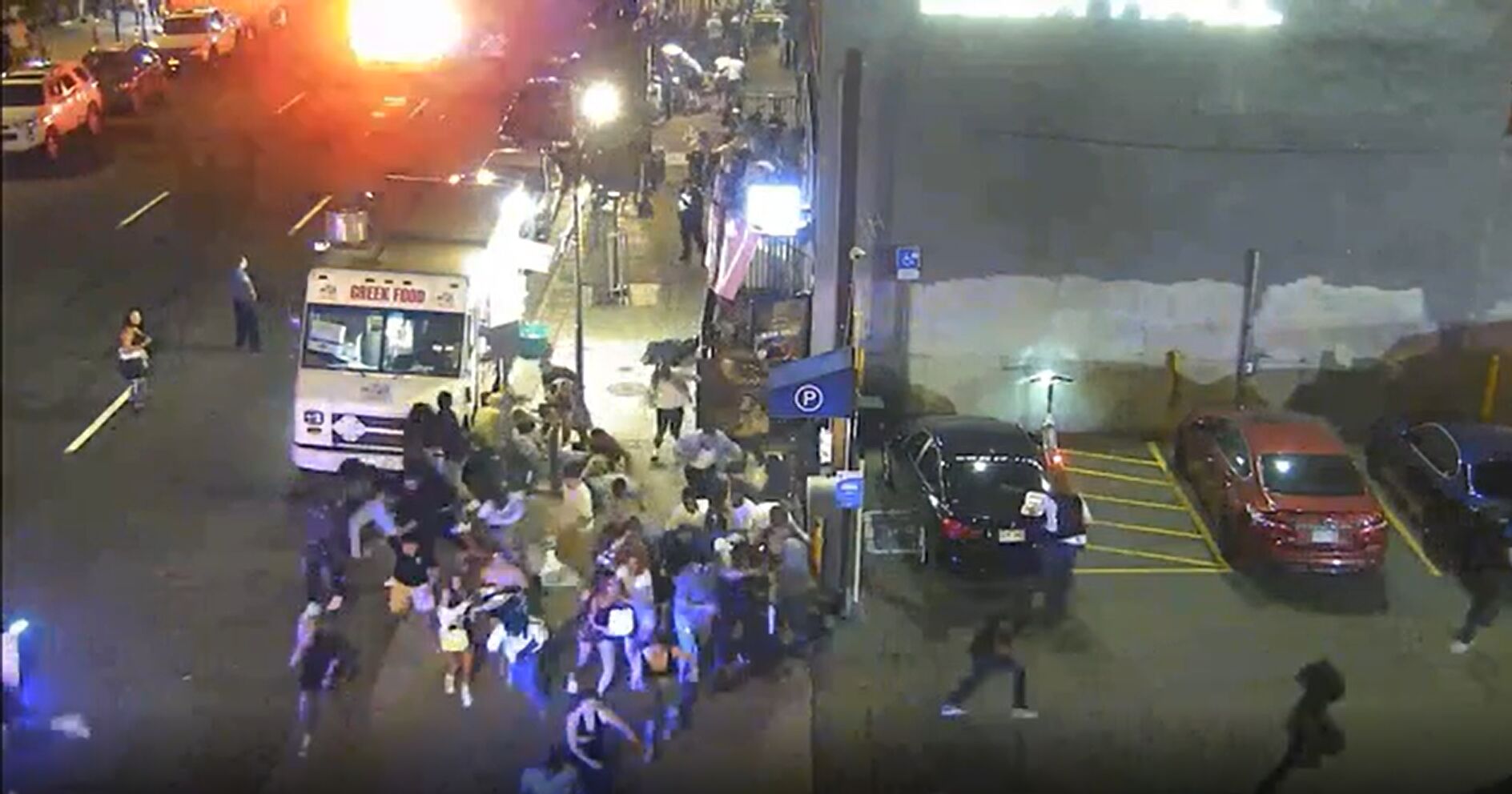Why grand jury probes – such as Denver’s LoDo shooting investigation – are highly unusual

Highly rare in Colorado, Tuesday’s decision by Denver District Attorney Beth McCann marks only the third time in three decades that a Denver grand jury investigation into an officer-involved shooting has been convened.
Denver’s two previous grand jury investigations, one in 1992 and the other in 2004, involved single officers who each shot and killed a citizen.
Such grand jury investigations usually happen in high-profile cases, where the public demands accountability, a pattern that fits the LoDo incident.
Both McCann and the Denver Police Department have been under pressure to answer a critical public’s questions about what happened in the pre-dawn hours when partygoers found themselves caught in police crossfire as bars were letting out.
WATCH: Body cam footage of LoDo shooting released; grand jury investigation opened
One city leader called it, by its definition, a “mass shooting.” Another, Denver Councilwoman and Safety Committee member Robin Kneich, called for “additional scrutiny” and “accountability,” citing concerns for the community’s “shaken trust.” Some marched at the state Capitol immediately after shooting, demanding police “release the tapes.”
McCann announced her decision Tuesday, just moments before the disturbing video was released.
“The public’s interest in this particular shooting incident is understandably high,” McCann said.
Denver police told The Denver Gazette that “she has been part of the investigation since the beginning.”
No one died in last month’s LoDo police shooting, but seven people were injured – the suspect and six bystanders.
Two bystanders who were injured in LoDo shooting speak out
The suspect, Jordan Waddy, was shot six times, including twice in the torso and once in the back. Three of the bystanders suffered serious gunshot injuries and have retained a civil attorney. The remaining three bystanders sustained either graze wounds, or what’s been described as a “burn-type” chest injury.
Decisions mixed from previous grand jury investigations
Both of the two previous grand jury investigations involved domestic disputes and happened amid public outcry, but the outcomes were different for each one.
In one, the officer was exonerated. In the other, the officer was charged with second degree murder but acquitted at trial.
The latter grand jury was called in September 1992 by Denver’s top prosecutor, Norm Early. It involved the police shooting death of a man who was fleeing police who were responding to a domestic violence situation.
Denver Police Officer Michael Blake shot and killed 20-year-old Steven Gant, who was Black, in a darkened stairwell between two houses on Capitol Hill. Blake said that he felt threatened, and gun residue evidence showed that Gant was lunging at Blake’s gun when he was shot.
Blake was eventually charged with second degree murder but acquitted at trial. Gant’s daughter filed a civil lawsuit over the case and settled for an undisclosed amount.
Denver police on LoDo shooting: Things could have been done differently
The case was notable because it magnified what some critics believed was inadequate police training. Early, the prosecutor, had written a letter nine years before begging for an overhaul of the police’s training program. He had been frustrated over a tumultuous six-week period, which saw six deadly force incidents involving Denver police.
Twelve years later, in 2004, a Denver police officer killed a Latino man after mistaking his metal soda can for a gun.
Frank Lobato, 63, was lying in bed when Officer Ranjan Ford Jr, after getting no response from a knock at the door, climbed a ladder to his second floor apartment, entered the bedroom window and shot Lobato in the chest. Police were actually looking for Lobato’s nephew, who had escaped through a back window.
District Attorney Bill Ritter, who would later become governor of Colorado, did not file criminal charges against Ford after the grand jury issued a one-page report saying it could not find probable cause for a felony indictment. Ford was suspended for 90 days and the city paid Lobato’s family $900,000.
Grand jury testimony is done in secret, but some observers say that the complexity of the LoDo shooting makes it necessary to hand over criminal charging decisions to twelve citizens. Further, the grand jury system routinely uses subpoena powers to compel witnesses who would otherwise balk at coming forward.
“It’s in a good place to take this to a grand jury, who will have benefit of witness, expert testimony and forensic evidence. This can include the conduct of the suspect, as well as police,” said former 5th Judicial District Attorney Bruce Brown.
Bond set for man shot by Denver police in LoDo; DA asks for more time to file charges
But not all district attorneys rely on grand juries in an investigation – precisely because of the secrecy that surrounds them. McCann’s predecessor, Mitch Morrissey, told The Denver Gazette that they are “usually not necessary” because officers and witnesses have already likely made video statements. Morrissey never called a grand jury in a police shooting while he was in office.
Stan Garnett, who oversaw Boulder’s 20th Judicial District for 10 years before resigning to go into private practice, said he stayed away from the grand jury option in order keep his investigations public.
“Sometimes, DAs appear to use the grand jury as a deflection from a highly controversial case,” Garnett said.













